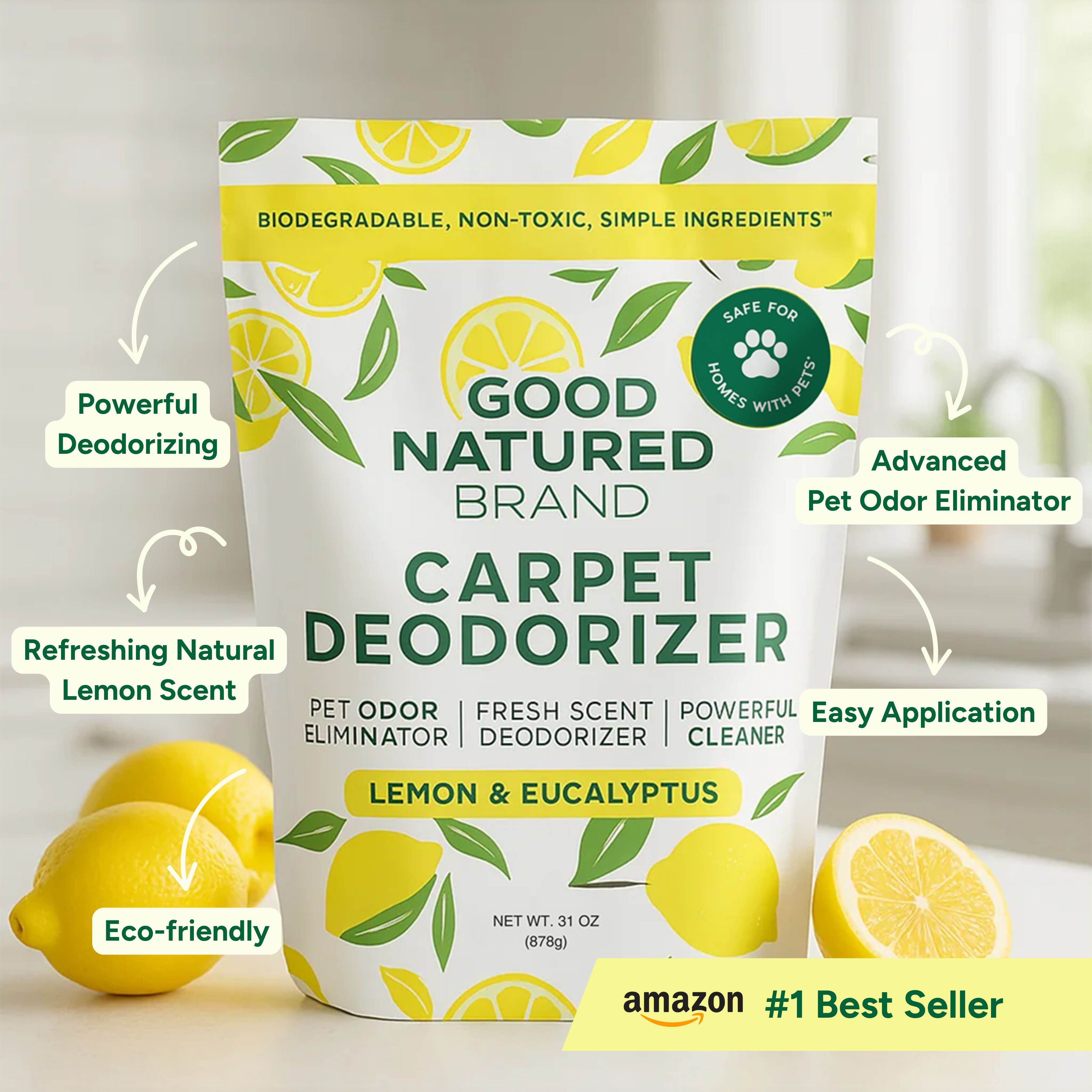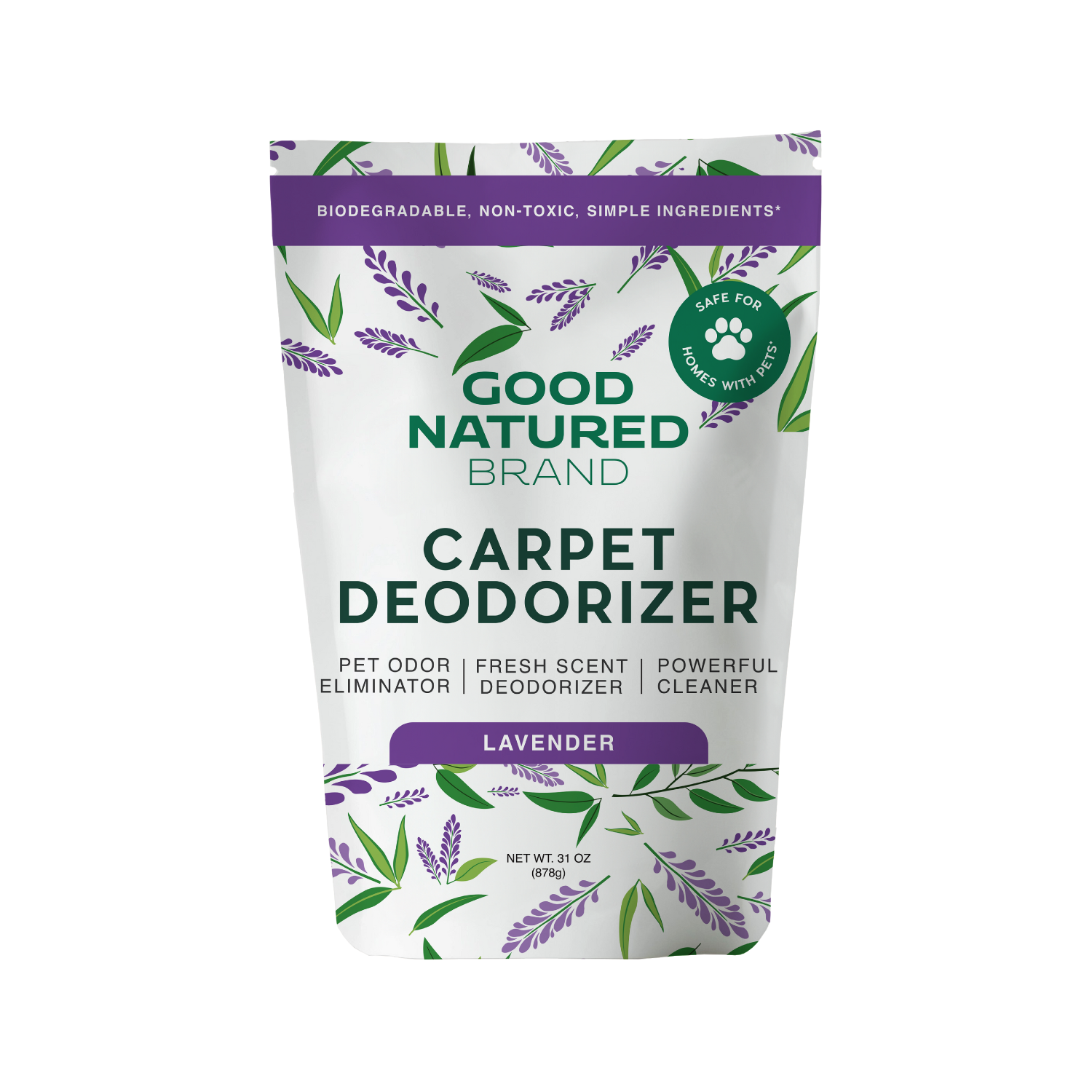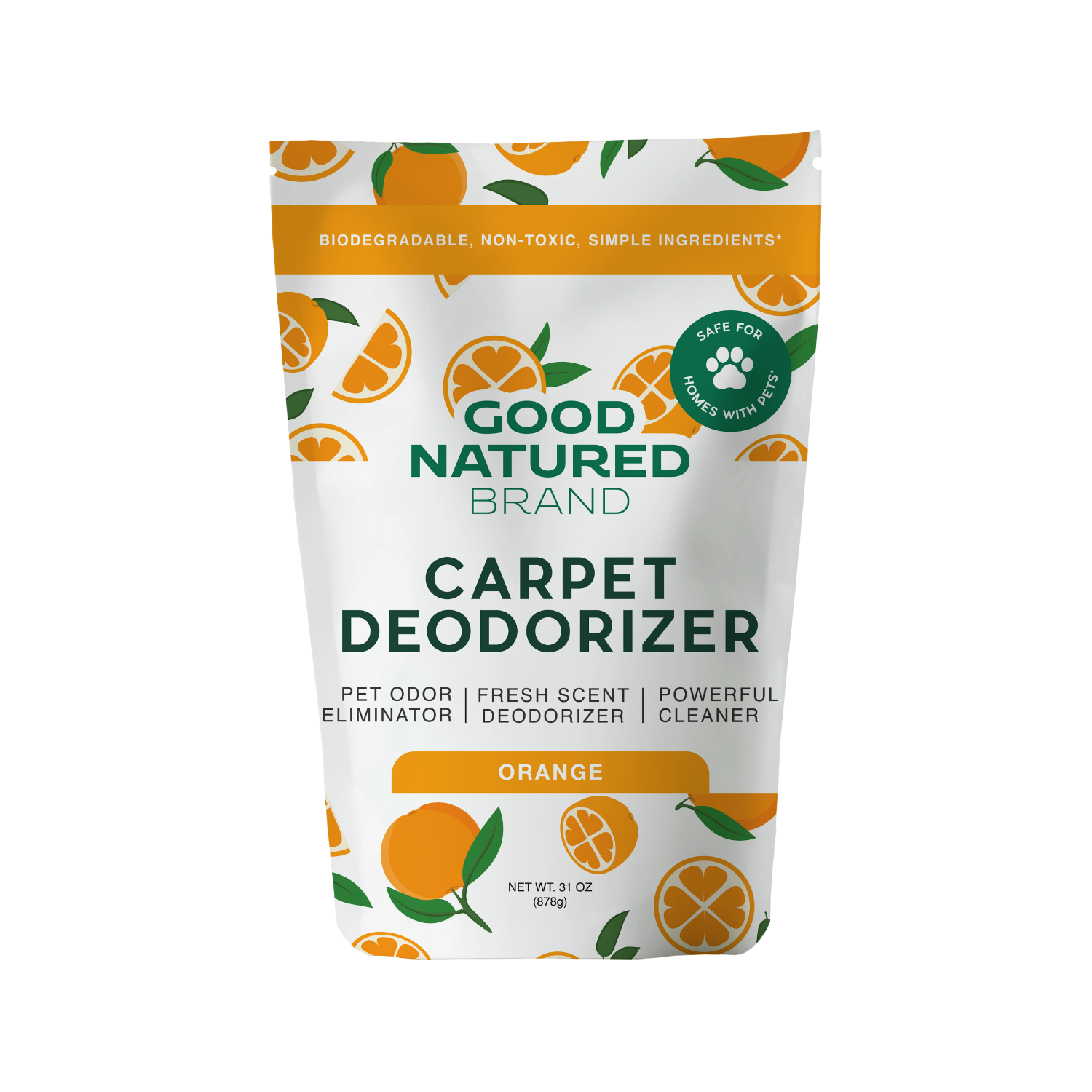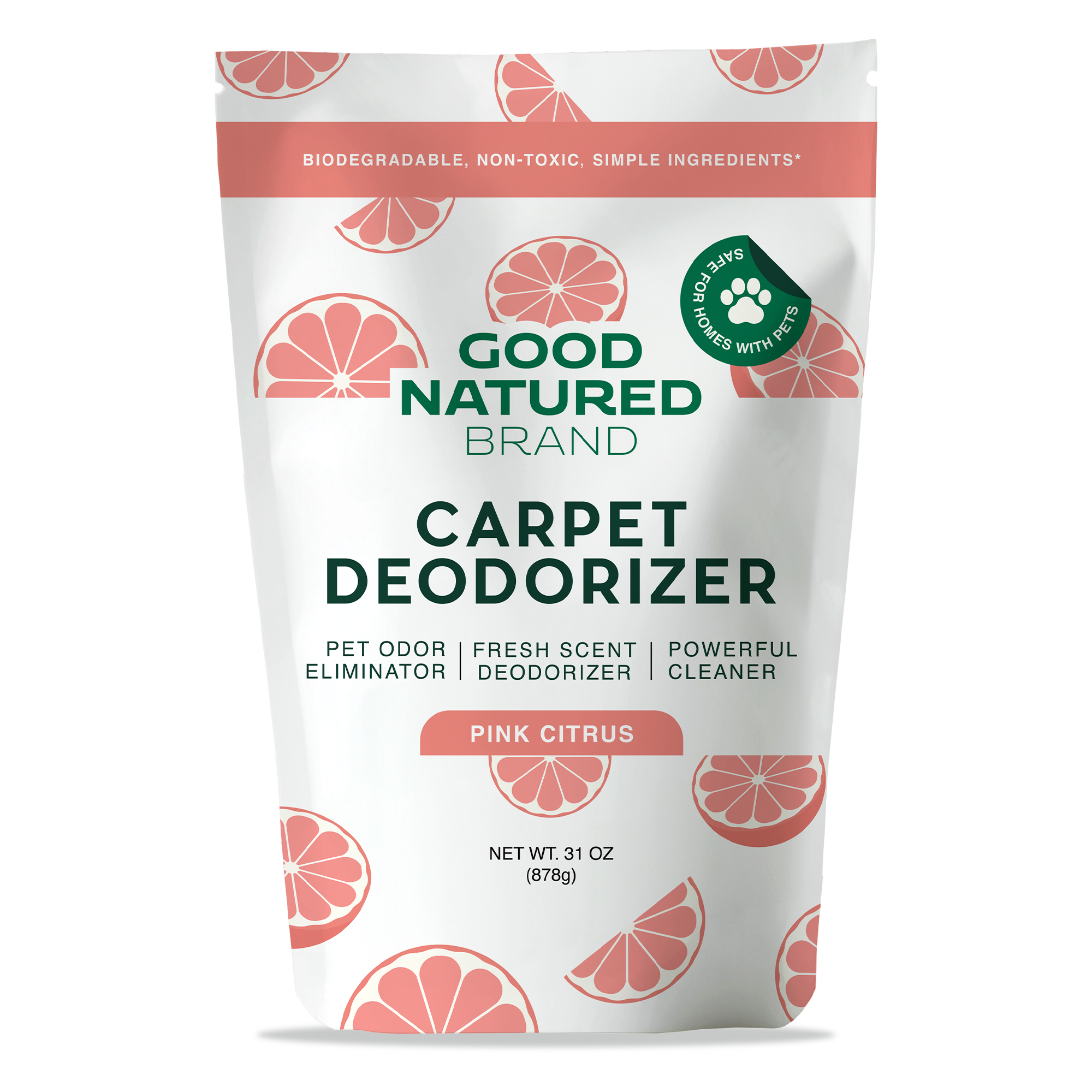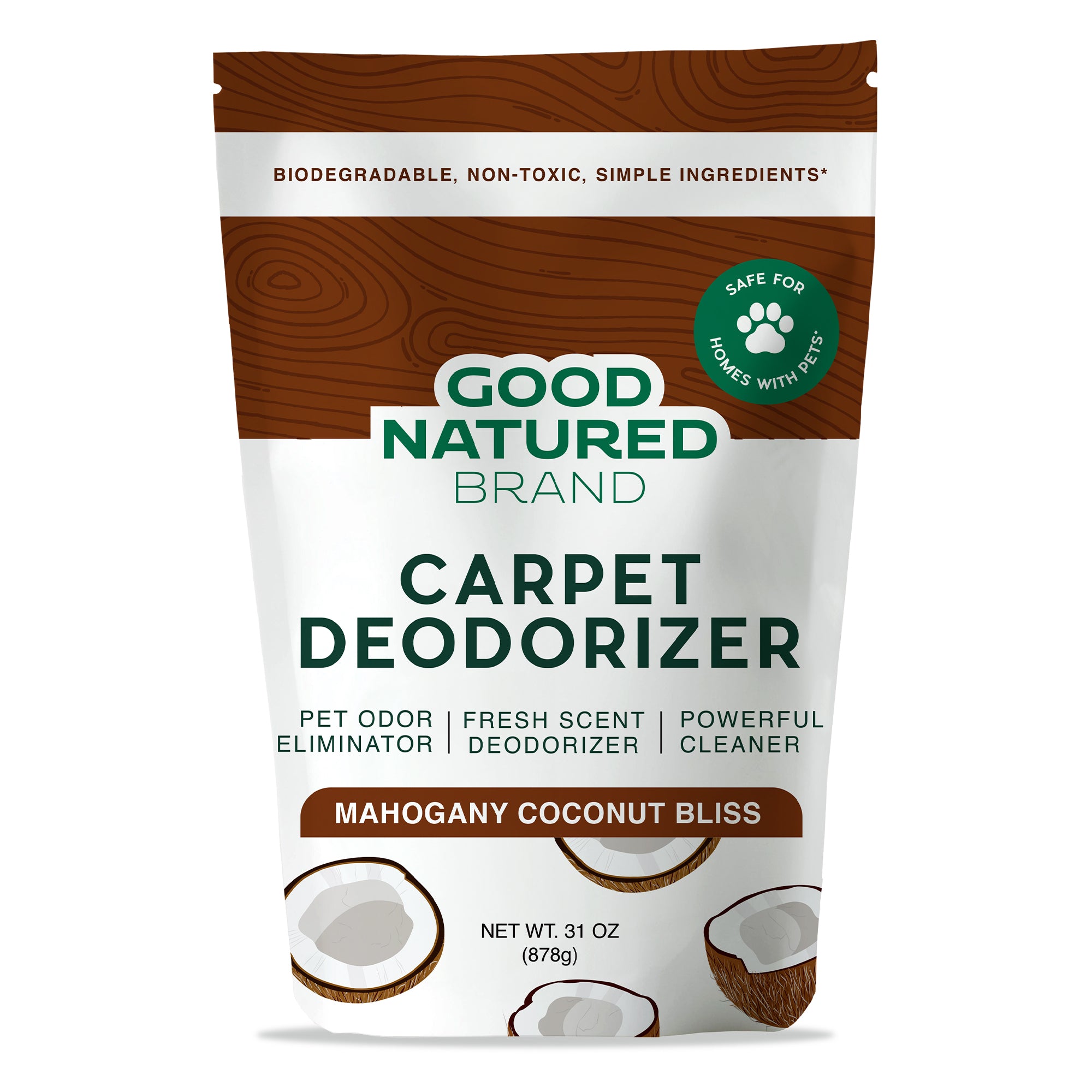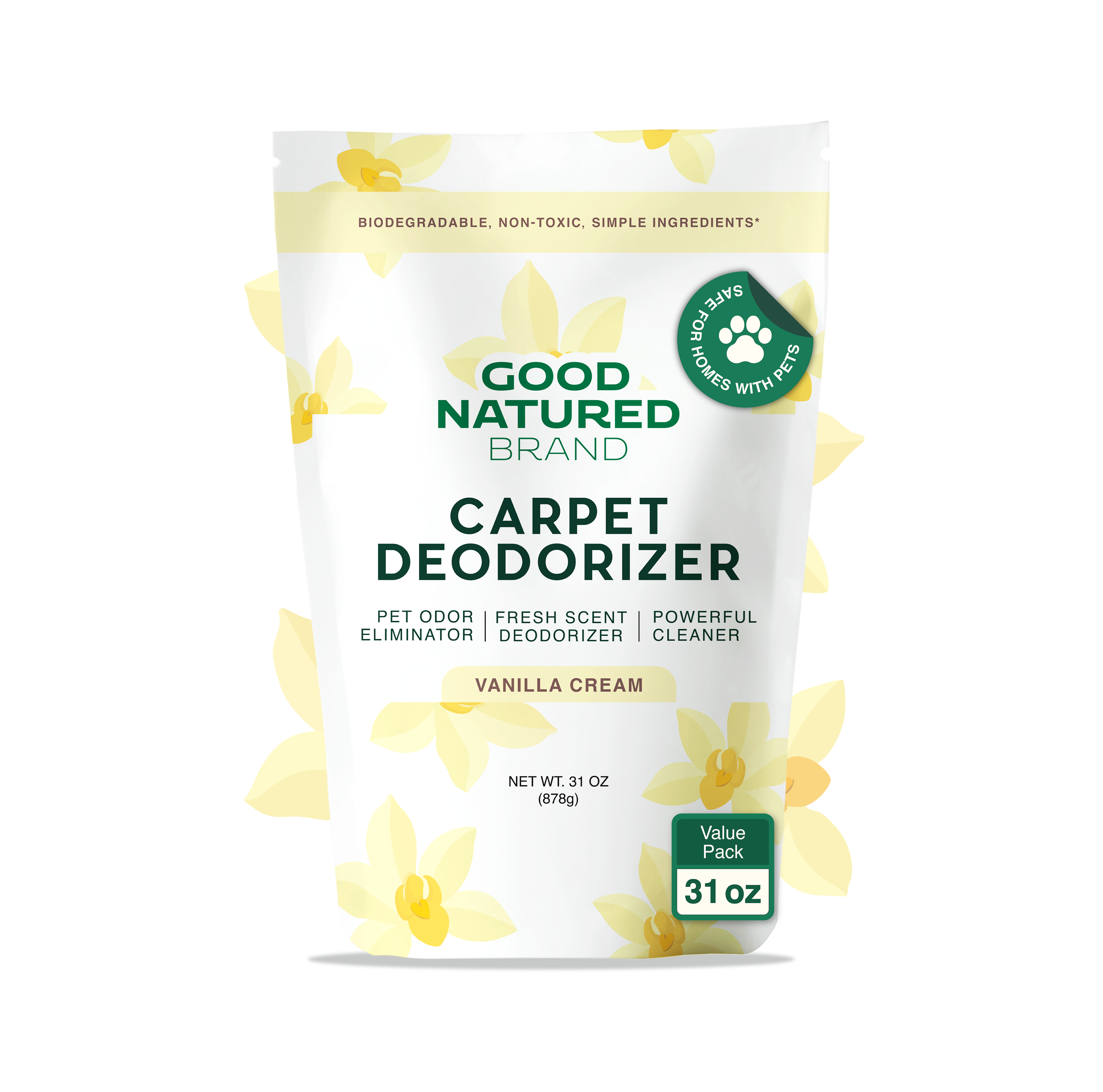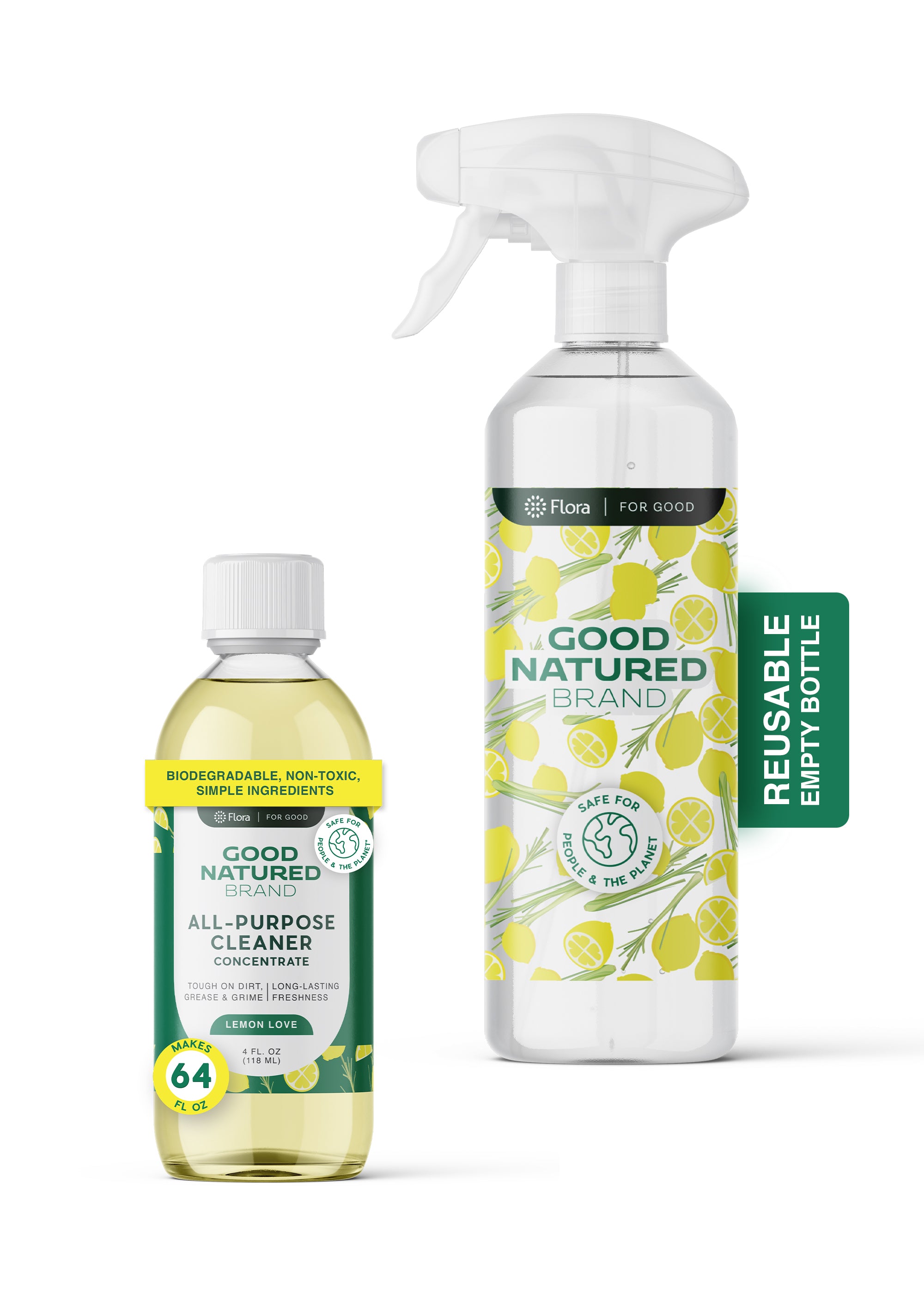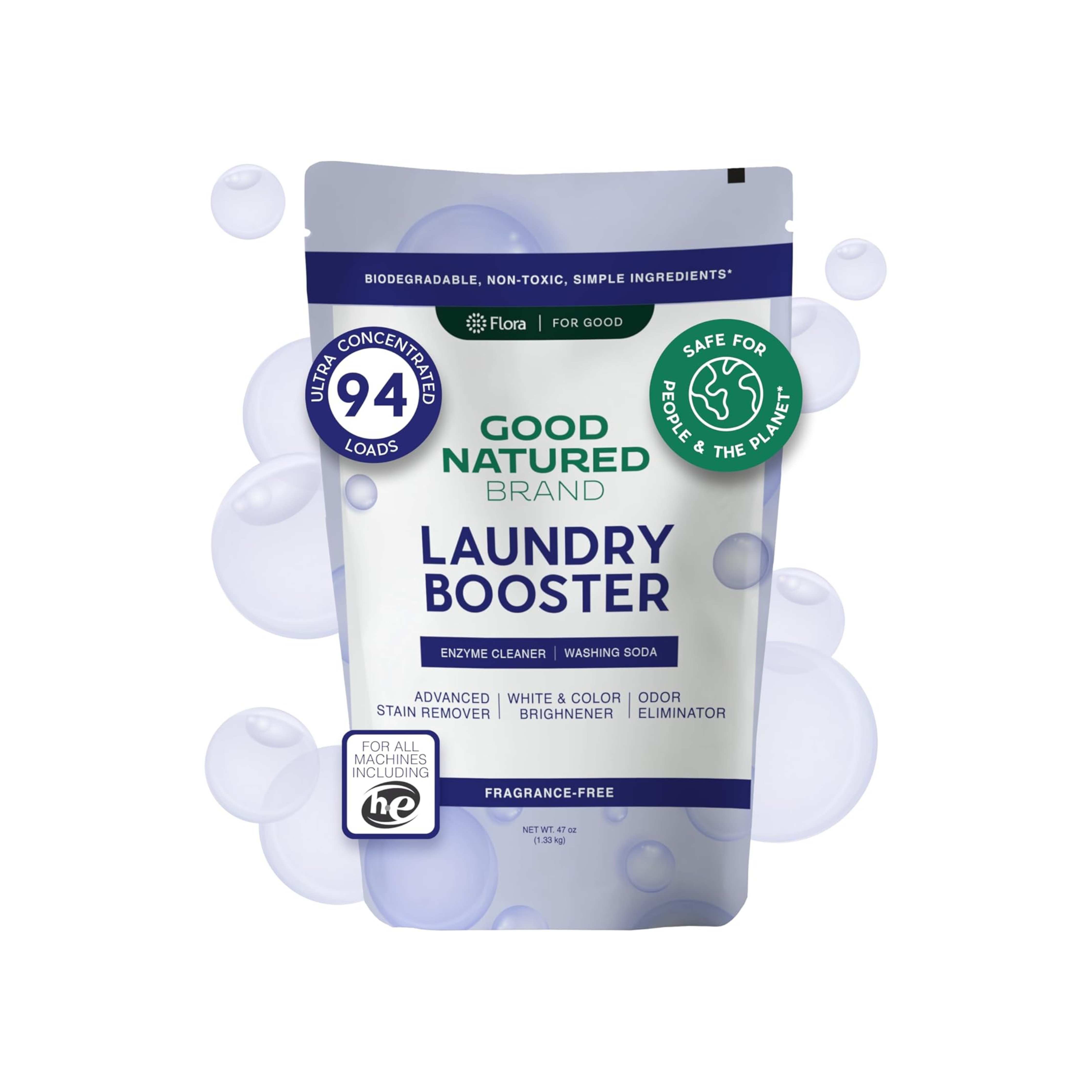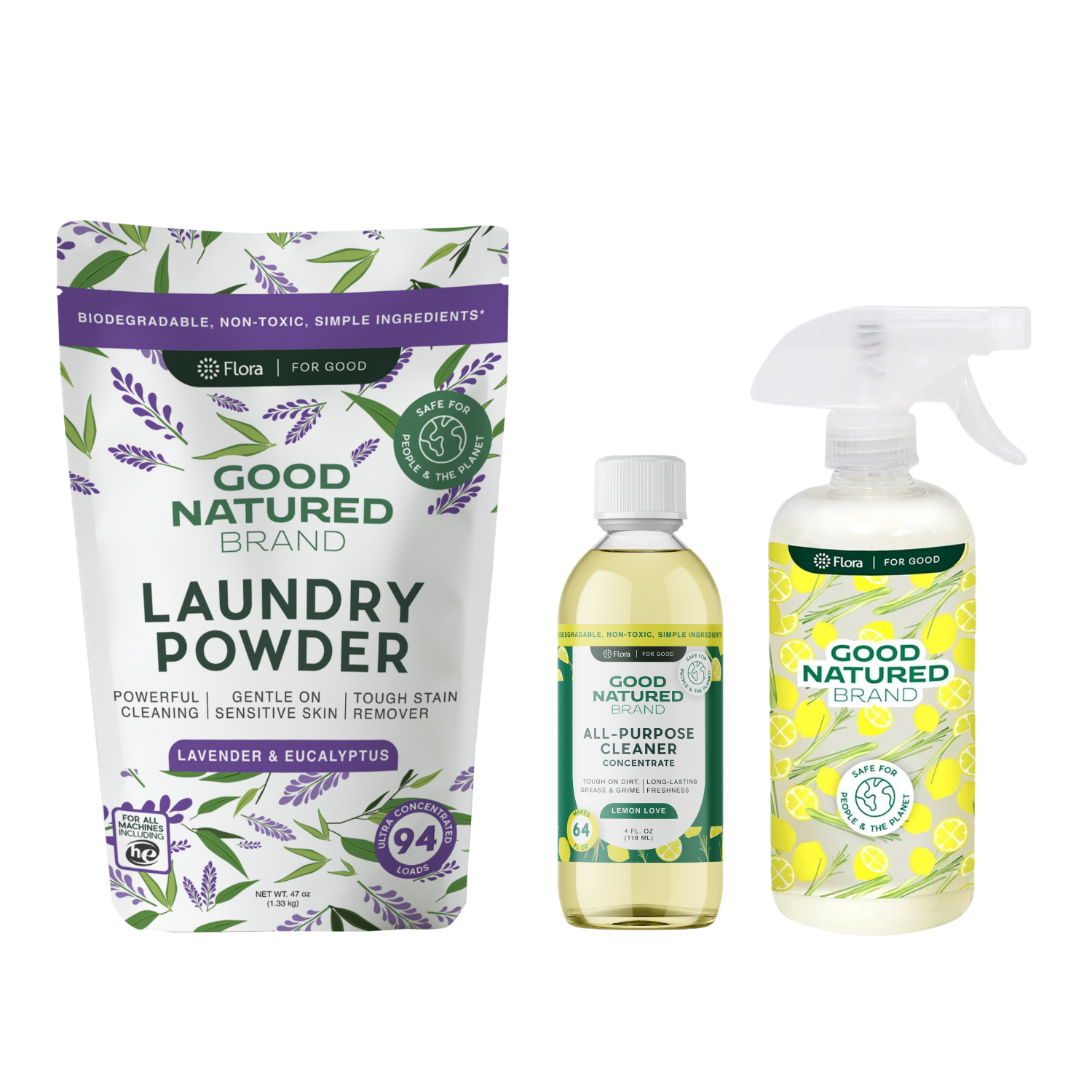Why Summer Fruits Are Great for Dogs
Summer is the perfect time to cool down with juicy, refreshing fruits—and your dog doesn’t have to miss out. Many summer fruits are safe, healthy, and packed with nutrients that support hydration, digestion, and overall wellness. For pet parents, offering fruit instead of processed snacks can be a natural way to give your pup a treat while keeping their health in mind.
However, not all fruits are safe for dogs, and preparation matters. Knowing which fruits your dog can enjoy—and which to avoid—will help you create a healthy summer routine. If you’re looking for more ways to support your pet’s well-being naturally, the Good Natured Brand Blog offers guides and tips for eco-friendly, pet-safe living.
Can Dogs Eat Summer Fruits Safely?
Yes, dogs can eat many summer fruits safely, but the key is moderation and proper preparation. Fruits should be offered as occasional treats, making up no more than 10% of your dog’s diet. Always wash fruits thoroughly, remove pits or seeds, and cut them into small, manageable pieces.
While fruits provide vitamins, antioxidants, and hydration, too much sugar (even natural sugar) can cause stomach upset. Every dog is different—some may tolerate fruits better than others—so it’s wise to introduce them slowly and watch for any signs of intolerance.
Nutritional Benefits of Summer Fruits for Dogs
Summer fruits aren’t just tasty; they also pack a nutritional punch that can benefit your pup in several ways:
-
Hydration: Fruits like watermelon and cantaloupe are over 90% water, making them perfect for hot days.
-
Vitamins and Minerals: Strawberries, blueberries, and apples provide essential nutrients like vitamin C, potassium, and fiber.
-
Antioxidants: Berries help protect your dog’s cells and support immune health.
-
Fiber: Aids digestion and keeps your dog’s system regular.
Incorporating fruits as snacks or mix-ins with meals can support your dog’s overall well-being, especially during summer when hydration is extra important.
The Best Summer Fruits Dogs Can Safely Enjoy
Not every fruit is safe for dogs, but many summer favorites are both nutritious and delicious. Below are the top fruits to add to your dog’s snack menu.
Watermelon
-
Low in calories and high in hydration.
-
Remove seeds and rind before serving.
-
Perfect as frozen chunks for a cooling treat.
Blueberries
-
Rich in antioxidants and fiber.
-
Small size makes them an easy, low-mess snack.
-
Can be given fresh, frozen, or blended into dog-safe smoothies.
Strawberries
-
Packed with vitamin C and antioxidants.
-
Natural teeth-whitening properties.
-
Best served sliced to avoid choking hazards.
Raspberries
-
High in fiber and manganese.
-
Limit portions (contain trace amounts of xylitol).
-
Great for older dogs due to anti-inflammatory properties.
Apples
-
Provide fiber and vitamin A.
-
Always remove seeds and core, as they contain cyanide.
-
Thin slices make an easy, crunchy snack.
Bananas
-
High in potassium and B vitamins.
-
Best served in moderation due to sugar content.
-
Slice into bite-sized pieces or mash into frozen molds.
Cantaloupe
-
Low in calories, rich in vitamins A and C.
-
Serve seedless and rind-free.
-
Refreshing on hot days.
Peaches
-
Safe when pit is removed.
-
Offer fresh slices occasionally.
-
Avoid canned peaches due to added sugar.
Pears
-
Excellent source of fiber and copper.
-
Remove seeds and core before feeding.
-
Slice into small wedges for easy chewing.
Mango
-
Rich in vitamins A, B6, C, and E.
-
Peel and remove pit first.
-
Offer small chunks as an occasional tropical treat.
These fruits can be rotated throughout the summer, keeping your dog’s snacks exciting and full of variety.
How to Prepare Summer Fruits for Dogs
Preparation is crucial when adding fruits to your dog’s summer diet. Safe serving ensures that your pet enjoys all the benefits without the risks.
-
Wash thoroughly: Always rinse fruits to remove pesticides or dirt. Wiping surfaces with All-Purpose Cleaners after prep keeps the area safe for both you and your pet.
-
Cut into bite-sized pieces: This reduces choking risks and makes fruits easier to digest.
-
Remove pits, cores, and seeds: These can be toxic or dangerous if swallowed.
-
Freeze for fun: Frozen fruit cubes or puree in ice molds make refreshing pup-sicles.
-
Mix into meals: Blend fruit with plain yogurt for a dog-safe smoothie or meal topper.
Cleanliness matters too—wash dog bowls and reusable napkins with Laundry Powders to keep fruit residue and odors at bay.
Fruits to Avoid in a Dog’s Summer Diet
Not all fruits are safe for dogs. Some can cause digestive issues, while others are toxic. Avoid these:
-
Grapes and raisins: Highly toxic and can cause kidney failure.
-
Cherries: Pits are choking hazards and contain cyanide.
-
Citrus fruits (lemons, limes, grapefruit): Can upset your dog’s stomach.
-
Avocado: Contains persin, harmful in large quantities.
-
Dried fruits: Concentrated sugars may cause weight gain or upset digestion.
When in doubt, stick to the safe fruit list above and consult your veterinarian before introducing new foods.
Signs of Fruit Intolerance or Allergies in Dogs
Even safe fruits can cause sensitivity in some dogs. Monitor your pup for these warning signs after introducing a new fruit:
-
Upset stomach (vomiting, diarrhea, gas).
-
Excessive scratching or paw licking.
-
Lethargy or unusual behavior.
If symptoms persist, discontinue the fruit and contact your vet. It’s always better to start with small portions and see how your dog reacts.
Portion Control for Dogs Eating Summer Fruits
Even though summer fruits are healthy, they should be fed in moderation. Fruits are treats, not meal replacements, and too much can lead to digestive issues or weight gain.
-
Small dogs: 1–2 small pieces of fruit per day.
-
Medium dogs: A handful of bite-sized pieces spread throughout the week.
-
Large dogs: A few slices of fruit daily, but never more than 10% of their diet.
Keep in mind that fruits are naturally high in sugar, so diabetic or overweight dogs should only have them occasionally, if at all. Consulting with your veterinarian ensures your dog enjoys these snacks safely.
Creative Ways to Serve Summer Fruits to Dogs
Adding variety keeps your dog excited about their snacks. Here are some fun ways to prepare dog-safe summer fruits:
-
Frozen fruit cubes: Blend watermelon, blueberries, or strawberries with water, freeze in molds, and serve as cooling treats.
-
DIY fruit smoothies: Mix bananas, apples, and plain yogurt for a dog-safe smoothie.
-
Homemade frozen yogurt pops: Combine cantaloupe or mango puree with yogurt and freeze.
-
Fruit bowls for enrichment: Offer a small mix of safe fruits in a dog bowl to encourage slow, mindful snacking.
Always wash prep surfaces with All-Purpose Cleaners to ensure fruits are safe and free of residue before serving.
Hydration Boost: Summer Fruits with High Water Content
Hydration is crucial for dogs in hot weather, and summer fruits can be a natural way to boost water intake.
-
Watermelon: Over 90% water, making it one of the best hydrating fruits for dogs.
-
Cantaloupe: Provides vitamins and hydration in every bite.
-
Cucumber (technically a fruit): Low in calories and refreshing.
These water-rich fruits can supplement regular drinking water, but always ensure your dog has access to fresh, clean water throughout the day.
Traveling and Picnics: Bringing Summer Fruits for Your Dog
Summer often means picnics, beach trips, or road adventures—and your dog can join in the fun with fruit snacks.
-
Easy-to-pack fruits: Apples, bananas, and blueberries travel well.
-
Storage tips: Keep fruit slices in reusable, airtight containers with ice packs.
-
On-the-go cleanliness: Wipe down containers and travel bowls with All-Purpose Cleaners to maintain freshness.
Traveling with fruits lets your dog enjoy healthy snacks while you avoid processed treats.
Keeping Your Home Clean While Feeding Fruits to Dogs
Feeding fruits indoors or outdoors can sometimes get messy. Dogs may drop juicy pieces on rugs, furniture, or bedding. Luckily, a few cleaning habits make it easier to manage:
-
Fruit stains on rugs or carpets: Use Carpet Deodorizers to keep carpets fresh and free of lingering pet odors.
-
Washing dog blankets and towels: Fruit juices can leave sticky stains. Wash fabrics regularly with Laundry Powders for a safe, eco-friendly clean.
-
Sticky surfaces: Keep counters and feeding areas clean using All-Purpose Cleaners after preparing fruit snacks.
These steps ensure your dog enjoys summer treats while your home stays clean and fresh.
Eco-Friendly Tips for Fruit Prep and Clean-Up
Making fruit snacks for your dog can be sustainable too. A few eco-friendly habits go a long way:
-
Choose organic fruits when possible to avoid pesticides.
-
Compost fruit scraps like peels and rinds, but never include seeds or pits.
-
Use washable fabrics (napkins, towels, or mats) to minimize waste—then refresh them with Laundry Powders.
-
Safe, natural cleaning: Replace harsh chemicals with All-Purpose Cleaners for surfaces your dog may lick or touch.
Eco-conscious choices protect your dog’s health and help create a safer, greener home. For more tips on sustainable pet parenting, visit the Good Natured Brand Main Page.
Frequently Asked Questions About Dogs and Summer Fruits
Can puppies eat summer fruits?
Yes, but in very small amounts. Introduce one fruit at a time and watch for reactions.
How often can I give my dog watermelon?
Watermelon is safe in small servings a few times per week, as long as seeds and rind are removed.
Are frozen fruits safe for dogs with sensitive teeth?
If your dog has dental issues, avoid frozen chunks and serve fruits fresh or mashed.
Can diabetic dogs enjoy summer fruits?
Fruits contain natural sugar, so diabetic dogs should only eat them sparingly and with veterinary approval.
Treating Your Dog with the Best Summer Fruits
Summer fruits can be a safe, healthy, and refreshing way to treat your dog—when offered in moderation and prepared correctly. From watermelon’s hydrating benefits to blueberries’ antioxidant punch, fruits add variety and nutrition to your dog’s diet.
Remember to clean prep areas with All-Purpose Cleaners, wash dog blankets and fabrics with Laundry Powders, and refresh rugs with Carpet Deodorizers to keep your home pet-friendly and fresh all summer long.
By incorporating fruits into your dog’s summer routine, you’re not only giving them something delicious—you’re keeping them cool, hydrated, and happy. For more eco-friendly pet care and lifestyle tips, explore the Good Natured Brand Blog.
